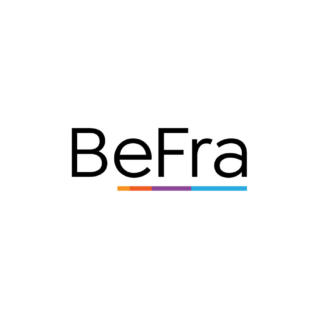Grand View Research Inc., a U.S.-based market research and consulting company, released a new report stating the global organic personal-care market size is expected to reach $25.1 billion by 2025, exhibiting a 9.5 percent CAGR during the forecast period.
Growing demand for organic and natural hair-care, skincare and cosmetic products is expected to augment market growth over the projected period.
Approval from human health and safety regulatory bodies such as the U.S. Department of Agriculture and Food and Drug Administration for the use of organic products in various personal care products is expected to fuel industry growth. Technological innovations aimed at development of cost-effective product lines by companies such as The Body Shop, Aveda Corp., Amway and Estee Lauder are expected to remain critical success factors for industry growth over the forecast period.
Changing consumer perception toward organic products, coupled with rising utilization of environmentally sustainable products, has fueled the growth of organically derived products. Also, manufacturing of these products aids in reducing pollution by consuming natural resources and reducing reliance on petroleum-based resources.
Rising demand for chemical-free skin and hair care products, coupled with changing attitudes of consumers regarding organic personal care, has also contributed to the growth of the industry. Increasing consumer disposable incomes has also played a key role in market growth over the past few years.
Key findings from the report suggest:
- Skincare products are expected to witness significant gain over the forecast period, and the segment is anticipated to expand at a CAGR of over 10.0 percent from 2016 to 2025. Natural ingredients provide anti-oxidation properties and improve skin immunity; as a result, their demand is likely to be greater.
- The cosmetics segment generated revenue exceeding $2 billion in 2015 on account of its increasing use among consumers in India, China and Brazil. Rising awareness regarding harmful effects associated with chemical substances is likely to fuel demand for these products in Germany, France and U.K.
- North America dominated the global industry and was valued at over $3.5 billion in 2015. Adoption of Montreal Protocol and Kyoto Protocol in U.S. and Canada for restricting greenhouse gas emissions has forced personal-care manufacturers to utilize natural ingredients in their products.
- Numerous companies are undertaking different strategic initiatives to increase their global presence in this industry. For instance, L’Oréal acquired The Body Shop in October 2013 to increase its share in this sector. (The Body Shop was then acquired by Brazilian cosmetics giant Natura in July 2017.)
- In March 2017, Amway launched a new brand, G&H, a bath and body brand with three product collections, namely, Protect, Refresh and Nourish. The products are “naturally inspired,” taking inspiration from the company’s organic farms.
Earlier this year, Grand View Research released a report that stated the U.S. personal-care products market is expected to reach $134.2 billion by 2025. According to the report, the U.S.’s millennial group is aging, and the younger generations have a huge impact on the country’s personal-care and beauty-care industry. The young generation tends to spend a high amount on the skincare, color cosmetics and other personal-care products.
Key findings from the study suggest:
- Increasing purchasing power of the millennials is primarily driving the growth of this market.
- Significant players undertaking acquisitions and divestments to remain competitive and focus on natural-ingredients products is boosting the market.
- Skincare is the largest and the fastest-growing segment owing to the factors such as increasing demand for anti-aging products and increased consciousness among people.
The personal-care products market includes skincare, haircare, personal hygiene, make-up, fragrances, oral hygiene, baby personal care, male toiletries and feminine care. Companies engaged in the manufacturing of personal-care products are Johnson and Johnson, L’Oreal SA, Procter and Gamble, Unilever, Helen of Troy Limited, Colgate-Palmolive Company, Avon Products Inc., and Estee Lauder Companies Inc.


